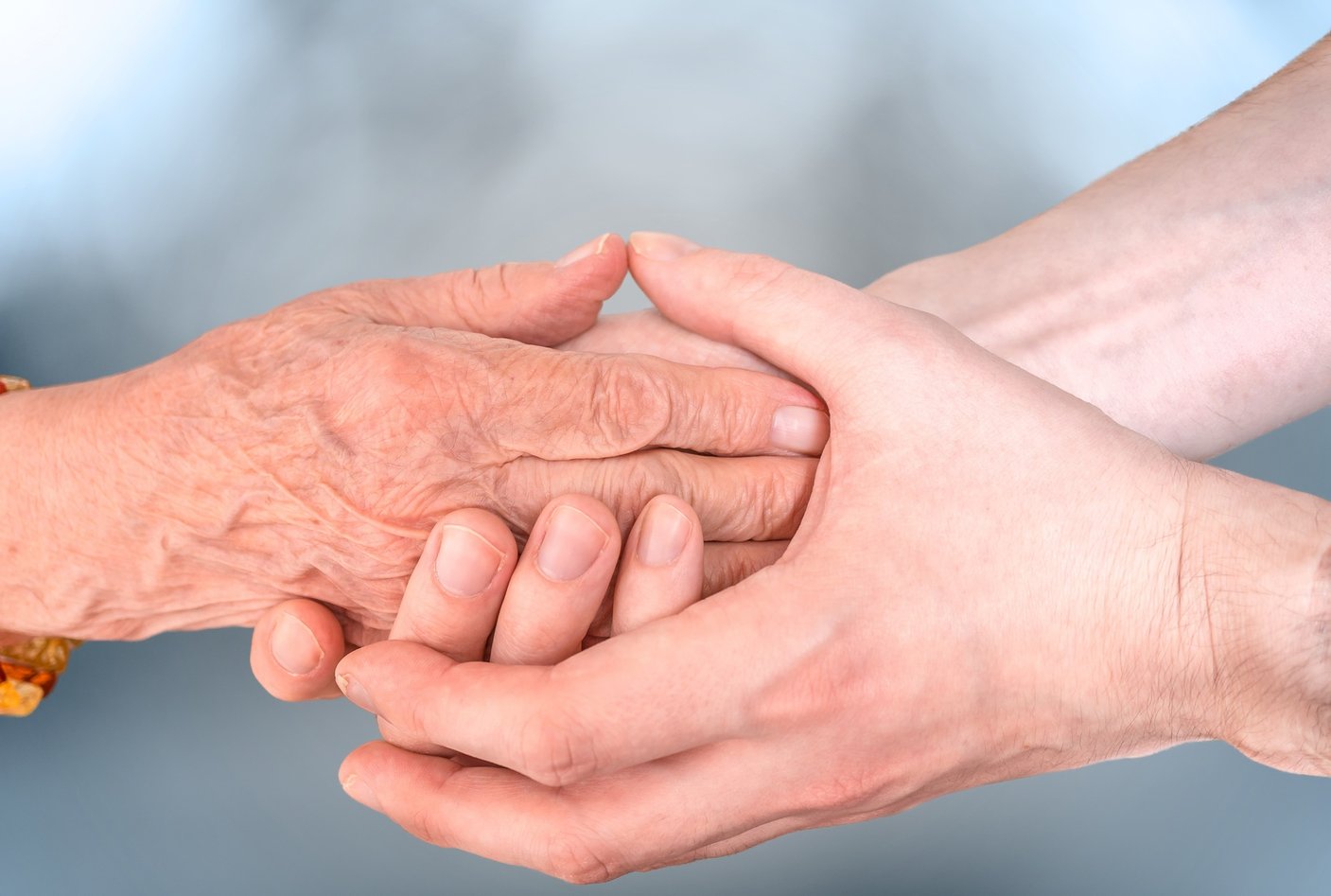 One of Episcopal Retirement Services' CEO Laura Lamb’s most inspiring goals is to eradicate ageism—the casual or systematic stereotyping and discrimination against individuals or groups on the basis of their age. She’s actively involved with several local and national organizations as a leading voice in the movement to eradicate ageism and shift society’s perception of aging and cognitive loss.
One of Episcopal Retirement Services' CEO Laura Lamb’s most inspiring goals is to eradicate ageism—the casual or systematic stereotyping and discrimination against individuals or groups on the basis of their age. She’s actively involved with several local and national organizations as a leading voice in the movement to eradicate ageism and shift society’s perception of aging and cognitive loss.
We welcome you to join the cause through simple, everyday actions to help combat ageism in your community—and show that age is truly just a number.
1. Avoid "Elderspeak"
Many ageist tendencies are passive, they’re not actions or words specifically designed to hurt others. For example, a younger person might assume that an older relative wouldn’t want to go to a restaurant with the family because he or she “wouldn’t want to be out late,” or “couldn’t handle the drive.” A movie or TV show might lampoon older people, depicting them as senile, helpless, or irritable with the intention of comic effect. An advertisement might refer to “special discounts for old-timers.”
Elderspeak is a simplified and sometimes patronizing speech style used when talking to older adults, often characterized by features similar to "baby talk,” such as using pet names like "sweetie," "honey," “little lady,” or “isn’t he cute?” It can involve speaking slowly, using a sing-song tone, simplifying vocabulary, and using terms of endearment. While sometimes intended to be kind, elderspeak can be perceived as infantilizing and disrespectful.
Research from the National Institute of Health and the University of Kansas has studied the harmful effects of elderspeak. Words, images, and assumptions can feel demeaning to older people. It can make them feel worthless, unneeded, or forgotten. By educating yourself and others on the effects of these stereotypes, you can help to combat ageism every day. If someone around you is engaging in ageist stereotyping—especially toward your older friends or loved ones—redirect the conversation and help them understand how their words can be harmful.
2. Help Shatter Stereotypes
Many older people internalize aging stereotypes, turning them into self-fulfilling prophecies. They may withdraw from social engagement, believing others see them as having little to contribute. As a result, they might lose interest in learning about new technologies or engaging with emerging cultural trends.
Don’t give in to believing these harmful fallacies. As a senior, show those around you that you’re vibrant, capable, and have so much to offer. After all, a lifetime of experiences often brings great wisdom—don’t be afraid to share it.
And to younger individuals: make the effort to connect with older adults. They offer valuable perspective and guidance, and your willingness to engage is just as important as their willingness to push back against ageist stereotypes.
3. Don’t assume all seniors have the same needs, interests, or values
Many people assume that all seniors are relatively similar, as if reaching 65 transforms you into a “senior,” a whole new person defined by age. But nothing could be further from the truth.
Not all seniors think alike, act alike, or share the same values and beliefs. If you’re a younger person, recognize that seniors are just like you and your peers—diverse in their interests, lifestyles, and perspectives.
And, if you’re an older adult, show younger generations that aging does not erase individuality—it adds to it.
4. As independently as you can
If people assume that seniors are helpless, there’s no better way to prove them wrong by demonstrating your independence. Get out and show the world just how much you can do!
Whether it's staying active through walking, volunteering, learning new skills, or engaging in hobbies, every act of self-reliance helps challenge the stereotype that aging automatically means decline—some things may just look a little different. Independence is personal and unique to everyone, and all forms of engagement, adaptability, and self-advocacy are worth celebrating.
And remember, independence doesn’t mean doing everything alone—it means making your own choices, staying engaged, and continuing to live life on your terms.
5. Be active in the community
Volunteer, mentor, travel, attend shows, ballgames, cultural events, and galas. Live a visible life! Engaging with younger generations through community events challenges their possible preconceptions, prejudices, or assumptions.
Work with children to share your valuable experiences. Get involved with community organizations that could benefit from your expertise. Help the other adults in your life by assisting with childcare or supporting them with work-life imbalances. Your active participation in the community enriches your life and proves that aging is not a barrier to making meaningful contributions.
These are just a few of the ways that you can combat ageism.
Seniors and advocates of all ages—help us eradicate ageism. Volunteer with ERS and be part of a community where older adults give back with purpose, and younger generations stand up for inclusion. Age doesn’t define your impact—your actions do.












